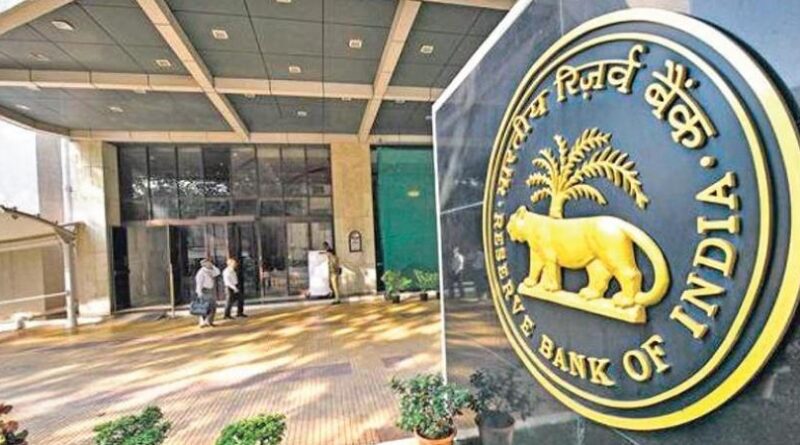RBI relaxes regulations to boost forex inflows
The Central Bank said it had taken the measures to diversify and widen Forex funding sources in order to mitigate volatility and mitigate global benefits.India exchange reserves amounted to $ 593.3 billion as on June 24, 2022, supplemented by a substantial stock of net assets, he said.The RBI has exempt a non-resident non-resident bank (FCNR-B) and non-resident (external) (NRE) for calculating the calculation of net request and time liabilities (ndtl) for maintenance of the report Treasury reserve (CRR) and time ratio of statutory liquidity (SLR) by banks.
This will be in force from the fifteen reports from July 30, 2022 with the basic date of July 1.”This relaxation will be available for deposits mobilized until November 4, 2022. Transfers of non -resident (ordinary) accounts (NRO) AU accounts will not be eligible for relaxation,” said the RBI.
He also decided to temporarily authorize banks to increase the FCNR (B) and NRE deposits without reference to existing regulations on interest rates, with effect from July 7, 2022. This relaxation will be available for the period until As of October 31, 2022.The RBI has also softened the rules relating to the investment of foreign portfolio in debt by allowing all the new emissions of government titles (G-SEC) of tenors of 7 years and 14 years, including the current emissions of 7.10% GS 2029 and 7.54% GS GS 2036, under the fully accessible route (FAR).
He also decided that the investments of the FPI in state securities and the debt of companies made until October 31, 2022 will be exempt from the short -term macroprudential limit – no more than 30% of investments each in the titles of State and the obligations of societies may have residual maturity of the residual maturity of the residual maturity of the residual maturity of the residual maturity of the residual maturity of the residual maturity of the residual maturity of the residual maturity of the residual maturity of maturity Residual of the residual maturity of residual maturity of less than a year.
These investments will not be counted for the short -term limit to the deadline or the sale of such investments.As part of the macroprudential framework of the medium -term framework (MTF), foreign portfolio investors (FPI) can only invest in business debt instruments with residual maturity of at least one year.The Central Bank has decided that FPI will receive a limited window until October 31, 2022 during which they can invest in corporate monetary market instruments, namely commercial paper and unconvertible debentures with maturity of Origin up to a year.
FPIs can continue to remain invested in these instruments until their maturity / sale. These investments will not be included to count the short -term limit for investments in corporate securities.According to the RBI, category 1 banks of authorized dealers (AD CAT-I) can use loans abroad abroad (OFCB) for currency loaks to entities for a wider set of ends of end Final use, subject to the negative list set out for external commercial loans (ECB).
The measure should facilitate borrowing in foreign currencies by a larger set of borrowers who may find it difficult to access markets abroad directly. This exemption to raise these loans is available until October 31, 2022.With regard to external commercial loans (ECB), the RBI has temporarily increased the limit under the automatic route of $ 750 million or its equivalent per exercise at $ 1.5 billion.
The all-cost ceiling within the framework of the ECB is also increased by 100 base points, subject to the borrower being of the investment quality note. The above dispensations are available until December 31, 2022.




